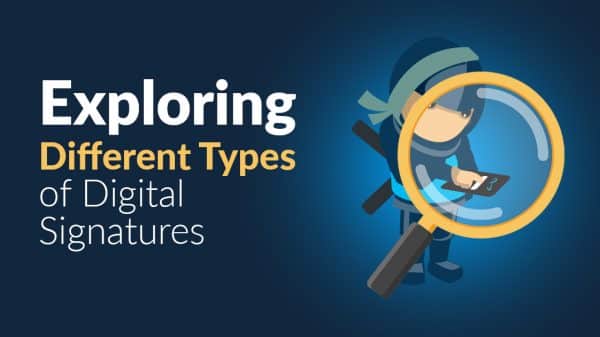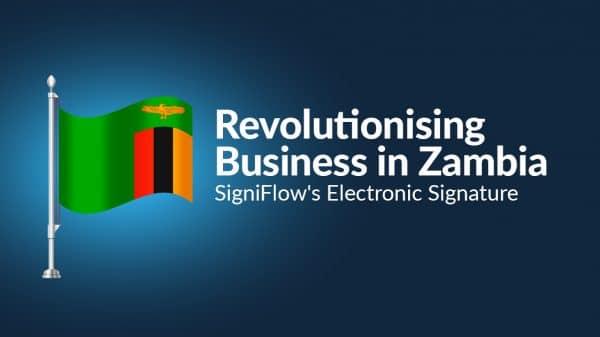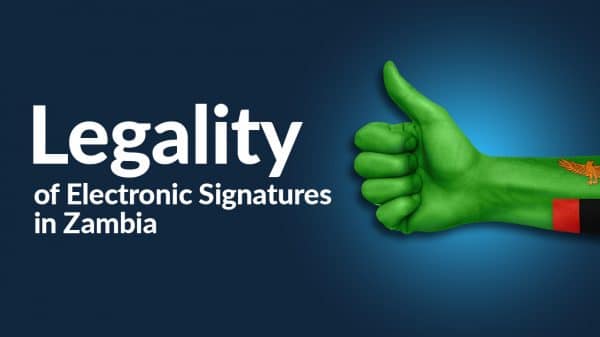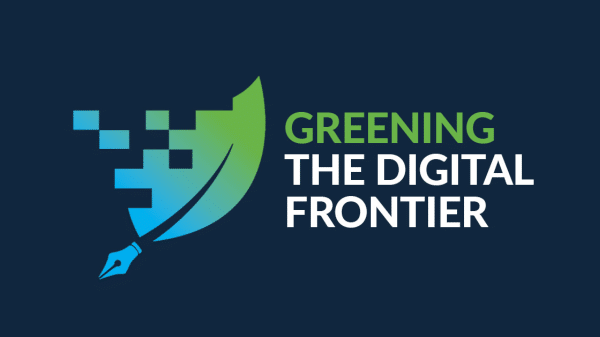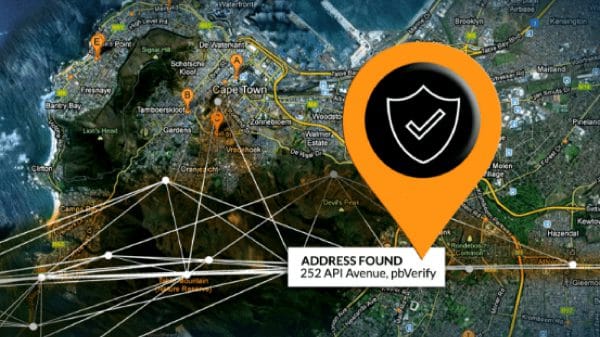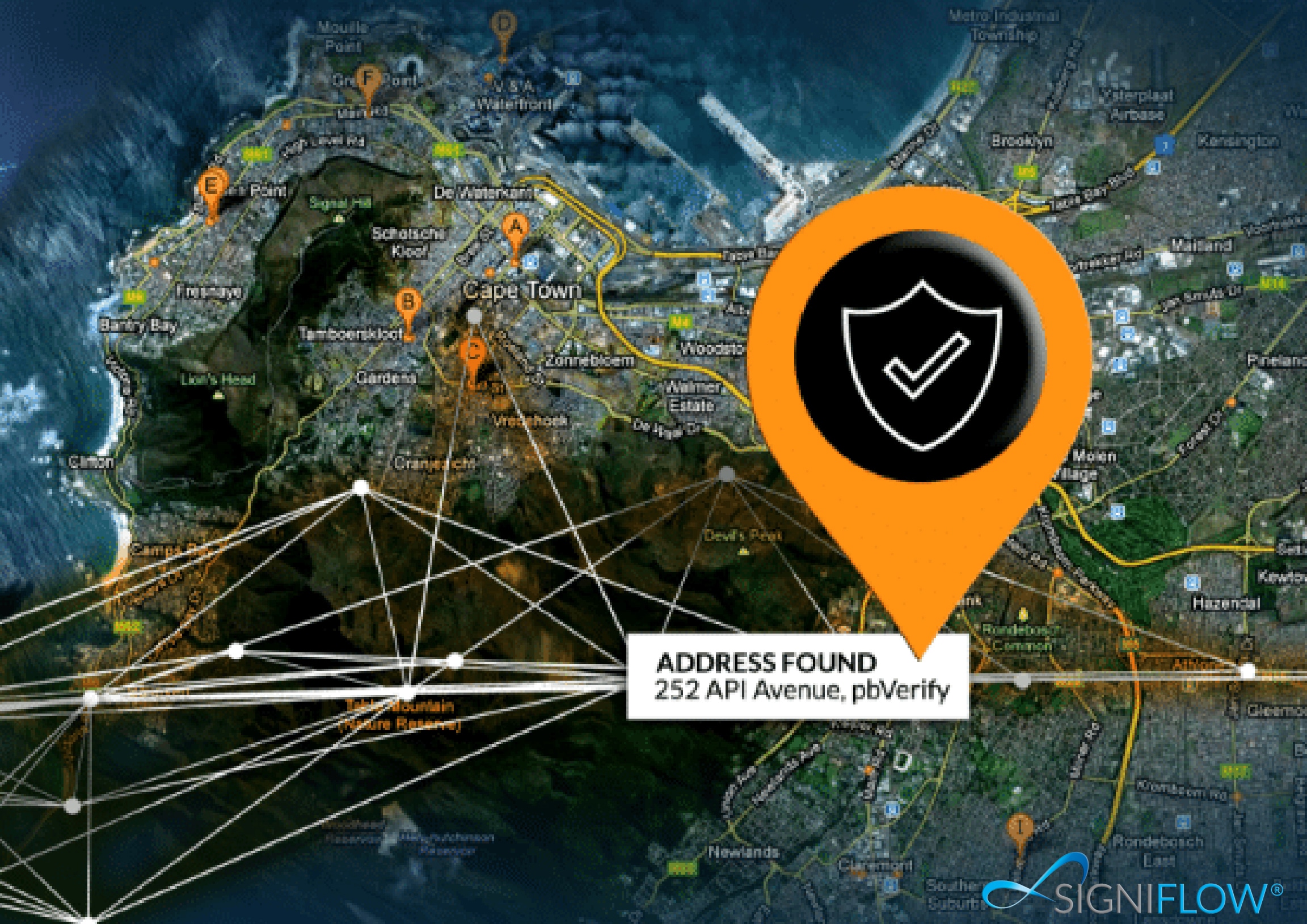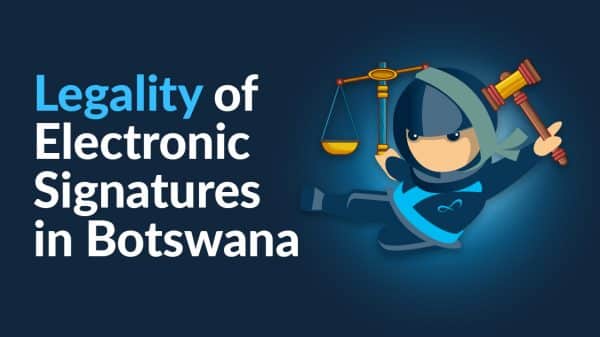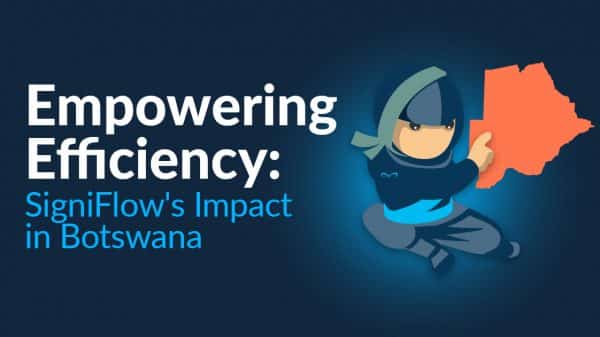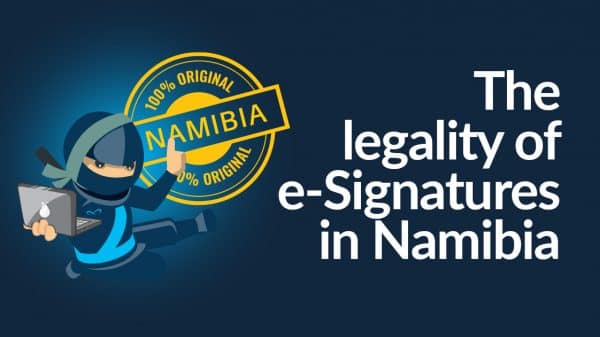SigniFlow integrates geospatial technology: In our ongoing quest to build a digital future based on holistic online solutions to help our clients maximise operational efficiency, pbVerify has developed a Digital KYC API like no other.
Designed for institutions accountable to the Financial Intelligence Centre Act (FICA) – specifically its know your customer (KYC) requirements – our Digital KYC API (application programming interface) takes the pain out of the on-boarding process for both accountable institutions, and their customers.
pbVerify’s API transforms an onerous, time-consuming and expensive manual process into a convenient, fast-moving and inexpensive online one.
KYC Hurdles
KYC, a risk-based assessment of customers (individuals and businesses), is an integral part of FICA which makes it incumbent on accountable institutions to carry out extensive due diligence on all financial services applicants.
This typically involves a list of documents, including minimum requirements such as proof of residence and proof of identification for individuals; and evidence of shareholding, director information and company history for businesses (either originals, or sighted by an institution employee).
Steeped in red tape and paper documents, the manual KYC process has long been the bane of institutions and potential customers alike. Not only is it costly and time-consuming, it can be incredibly frustrating, given South Africans’ unique circumstances.
Moonstone, a Stellenbosch-based independent support network for financial service providers, cites residential transience and “an inefficient postal service” as aggravating factors in the KYC process.
API Answer
Instead of spending unnecessary time and money trying to acquire the list of documents and physical verification required by FICA’s KYC rules, financial institutions can now – by running pbVerify’s Digital KYC API – get identification and residential verification directly from the HANIS (Home Affairs National Identification System) and SACRRA (South African Credit & Risk Reporting Association) databases, respectively, instantly and online.
Coupled with advanced algorithms, which were built to eliminate all the challenges South African address databases face, this makes pbVerify’s latest solution the most powerful one on the market.
In a nutshell, the KYC API (with Geospatial technology) works like this:
- Applicant requests an account with a registered credit provider.
- Applicant completes the credit provider’s online form, linked to the pbVerify KYC API.
- Applicant’s identification information (names and ID number) are instantly verified against the HANIS database.
- Applicant’s address (residential information) is verified against the SACRRA database, based on two parameters set by the credit provider, i.e. over what period – 3, 6, 12, 24 or 36 months; and how many address matches required, obtained from other credit providers.
- If the Digital KYC API returns the applicant’s address data as matching the database, as per credit provider’s criteria, the system automatically approves the KYC process.
- The system sends a response to the compliance department, indicating whether or not the consumer is FICA compliant.
API Differentiator
What sets pbVerify’s KYC API apart from other digital KYC verification products on the market, is the advanced method is uses to not only effectively, but to irrefutably verify applicants’ information.
Our API uses geospatial technology, as well as multi-paradigm geodistance algorithms, to determine and compare address data between data received from applicants, and data on file from at least one hundred registered credit providers across South Africa.
Essentially, our technology loops through credit provider data to find similar address matches, within the said specified time parameter (3 to 36 months), within a few metres of the pinned geolocation of the applicant’s input.
One of the biggest challenges in South Africa when it comes to address verification by credit providers, is the fact that many citizens live in townships and townhouse setups, where the address does not conform to the standard street address format.
To overcome this challenge, pbVerify’s algorithm pinpoints the applicant’s address via geospatial location, strips all anomalies and/or conflicting information from the address, and finds other credit providers that have similar address details. Only if these are also within a few metres of the applicant’s original input, will the API accept the address and report the credit provider sources where it was found.
In other words, only if enough data exists to satisfy your unique KYC requirement-settings, will the API return positive results, together with the source of the data matches, e.g. Vodacom, Edgars, FNB Home Loans, etc.
Apart from the immediately evident advantages of replacing manual with digital – primarily time and cost savings – pbVerify’s Digital KYC API underpins POPI (Protection of Personal Information) Act compliance, it adds another dimension in terms of security, and it removes the probability of human error.
REFERENCES
- gov.za – Financial Intelligence Centre Act, 2001 (Act No. 38 OF 2001)
- Financial Intelligence Centre – The FIC Act
- Financial Intelligence Centre – Frequently asked questions
- Moonstone – KYC– Knowing your client or killing your client?
- FNB – KYC/FICA information portal
- Investec – KYC Requirements
- SigniFlow – KYC enables paperless compliance processes

